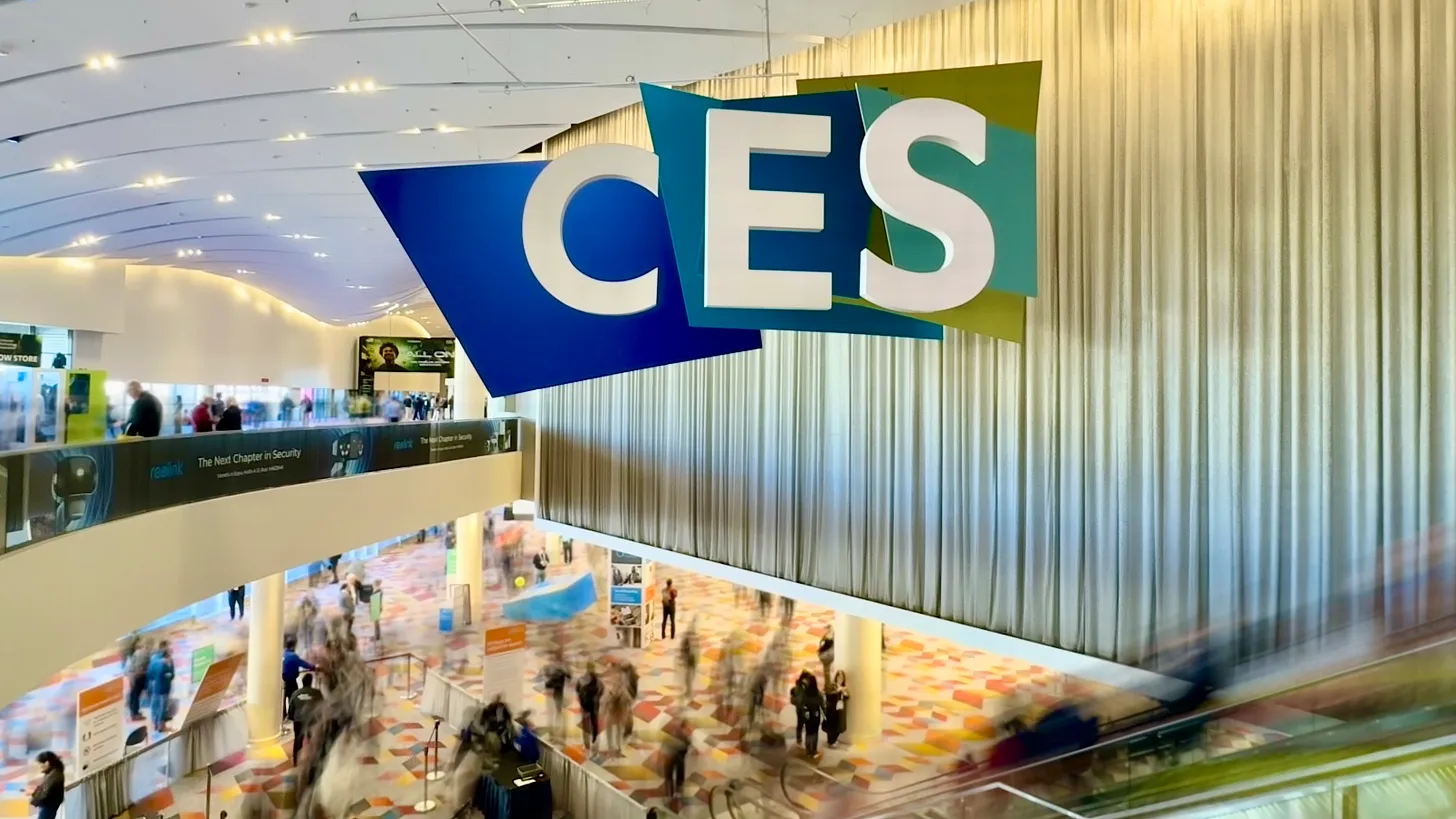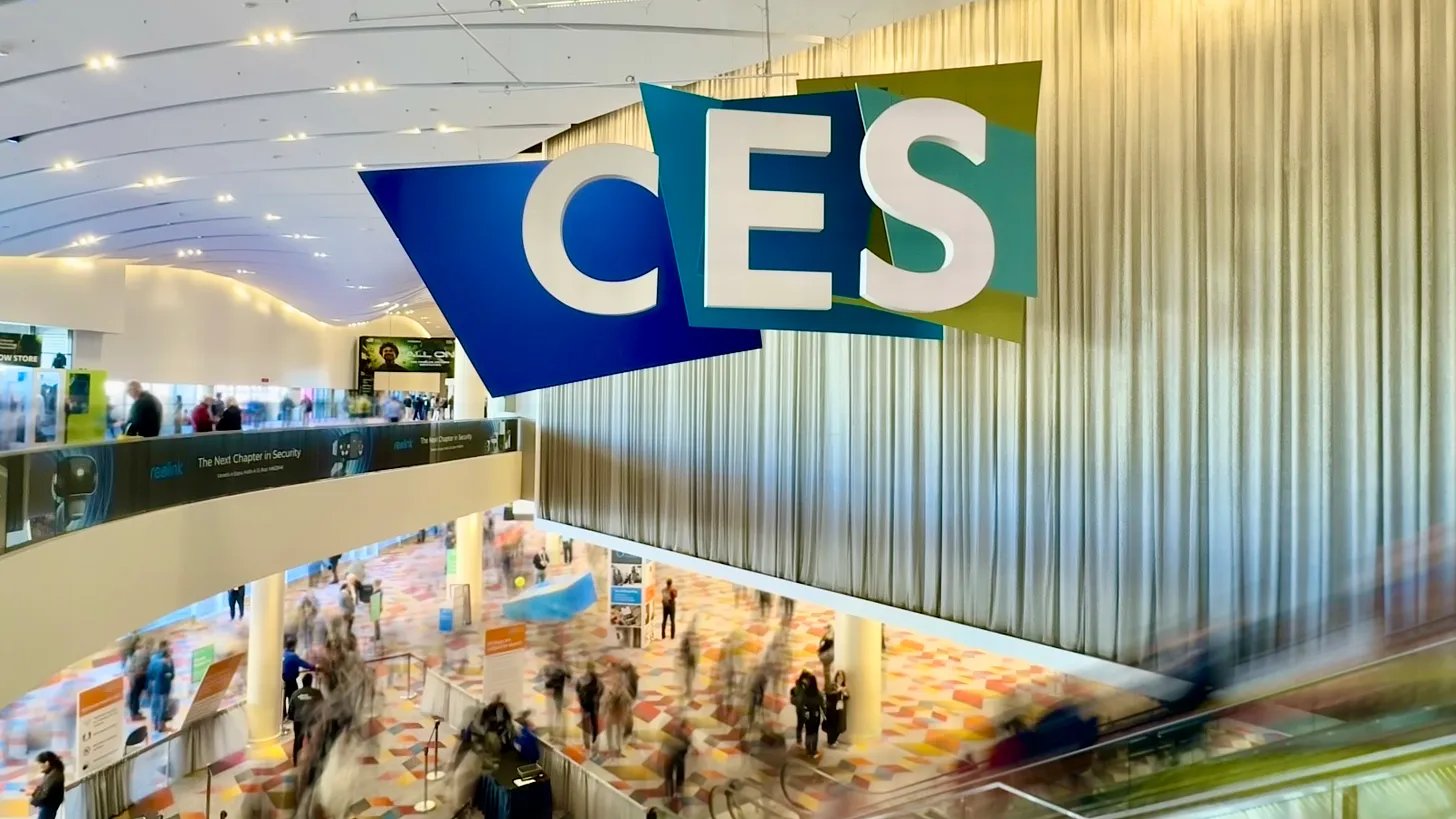What innovation looks like - #370

This week, I had a few conversations about the real use cases for AI. We're about 15 months into the hype cycle. It went from early adopters to tech journalists to wide usage almost a year ago. In the year since then, seemingly every company, although more properly every software company, including mine, put AI into their teams or toolings or talking points. That's worked more or less well: doubtless the Microsoft inbox assistant helps people read and write more useless stuff into Outlook; if you want likely wrong but there text, a bot can give it to you; if you'd like a generic but never seen before stock image, it's a prompt away. But the actually compelling use case, one where a novel problem is solved or a problem is solved in a much better way, remains a bit elusive.
Something about the easiness of the interface, which is a whole lot more like AIM than anything in a long while, made AI a hammer people were happy to swing, never mind that there aren't that many chat-interface un-driven nails.
As things mature, I think we're seeing some kinds of challenges AI is good at emerge: complex categorization, sorting, and prioritization of incoming unstructured data is one. These are cases of unbounded questions with bounded answers. It takes forever for people to usefully do this sort of work and algorithms only get you so far. Another kind of challenge is bounded questions with bounded answers, but the number of potential answers is just too high to programmatically arrive at a conclusion. You can structure a "black box" AI to attack these sorts of challenges.
The move from "anything could be done" to "this can be usefully done" is an important step to real innovation.
I tend to get caught up in these questions of usefulness when evaluating new ideas. I'm less of a "take it for a spin" type than most technologists: I want to cost/benefit a little earlier than is warranted. But you need people like me to pop the hype bubble and ask, 'what is this good for?'
This week's reading is a person with a similar approach wandering through this year's Consumer Electronics Show. CES is a giant pile of ideas made real: both big ones and small ones. The expert eye looks at it not just for the hype cycle, but for the real innovation that might be around the bend. The thoughts on e-ink screens and ambient light solar alone are worth considering. Enjoy!
Reading
CES 2024: Builders, Makers, Risk-TakersWith a maturing supply chain for connected, low-power, inexpensive devices #CES2024 was the best in a long time. From screens to homes to health, innovations abound from around the world. |
|
